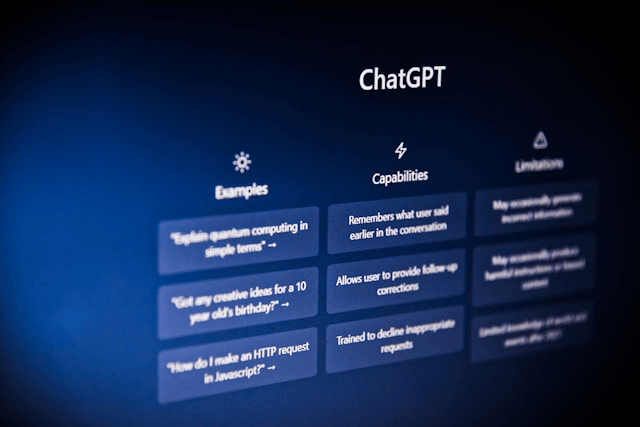In today’s fast-paced digital landscape, customers expect quick, accurate, and personalized responses whenever they reach out for help. AI chatbots for customer support have become an essential tool for businesses seeking to meet these expectations without drastically increasing costs. By automating common queries and offering instant assistance, AI-powered solutions are transforming the way companies interact with their audiences.
What Are AI Chatbots?
AI chatbots are advanced digital assistants that use natural language processing (NLP) and machine learning to understand and respond to customer inquiries in a conversational way. Unlike traditional rule-based bots, which rely on predefined scripts, AI chatbots can learn from interactions, handle complex language, and adapt their responses over time. This makes them ideal for businesses that want scalable, consistent, and personalized customer support.
Benefits of Using AI Chatbots for Customer Support
-
24/7 Availability
AI chatbots ensure customers get answers anytime, regardless of business hours, improving satisfaction and accessibility. -
Faster Response Times
Customers no longer need to wait in queues. Instant replies reduce frustration and speed up problem resolution. -
Consistency in Answers
AI chatbots deliver accurate, uniform information every time, eliminating the risk of inconsistent support. -
Scalability Without High Costs
A single AI chatbot can handle thousands of interactions simultaneously, making it a cost-effective solution for scaling support. -
Multilingual Support
Many AI customer service tools can interact in multiple languages, helping businesses reach a global audience.
Common Use Cases in Customer Service
-
Answering FAQs – Instant responses to common questions about products, services, or policies.
-
Order Tracking – Allowing customers to check delivery status without contacting human agents.
-
Appointment Scheduling – Booking meetings or services through automated chat.
-
Troubleshooting Common Issues – Guiding users through self-help steps for technical problems.
-
Collecting Feedback – Gathering customer opinions after an interaction to improve service.
Steps to Implement AI Chatbots Effectively
-
Define Your Customer Support Goals
Understand whether you want to reduce response times, improve availability, or automate repetitive queries. -
Choose the Right AI Chatbot Platform
Evaluate options based on integration capabilities, language support, analytics, and ease of training. -
Train the Bot With Relevant Data
Use real customer queries, FAQs, and support logs to ensure the chatbot understands your business context. -
Integrate With CRM and Support Systems
Connecting the chatbot to your CRM ensures that customer interactions are logged and personalized. -
Test and Refine
Conduct pilot runs, gather feedback, and make improvements before full deployment.
Best Practices for AI Chatbot Success
-
Maintain a Human Handover Option – Ensure customers can speak to a live agent for complex issues.
-
Regularly Update Knowledge – Keep the chatbot’s responses current with product or policy changes.
-
Monitor Analytics – Review chatbot performance metrics to identify areas for improvement.
-
Personalize Interactions – Use customer data to tailor recommendations and responses.
Potential Challenges and How to Overcome Them
-
Handling Complex Queries – Train your chatbot to recognize when to escalate issues to human agents.
-
Maintaining Conversational Flow – Use natural language models to avoid robotic or repetitive replies.
-
Avoiding Over-Automation – Keep a balance between automation and human touch for better customer experience.
Future Trends in AI Chatbots for Customer Support
-
Voice-Enabled AI Chatbots – Allowing customers to interact using voice commands.
-
Predictive Support – Using AI analytics to solve problems before the customer reports them.
-
Omnichannel Chatbots – Providing seamless support across websites, apps, messaging platforms, and social media.
Conclusion
AI chatbots for customer support are no longer a futuristic concept they are a practical, cost-effective solution that can enhance customer experiences and streamline operations. By implementing AI customer service tools with thoughtful planning and ongoing optimization, businesses can provide fast, consistent, and personalized support while freeing up human agents for more complex tasks. The future of customer service will likely see AI and human agents working hand in hand to deliver the best possible experiences.









